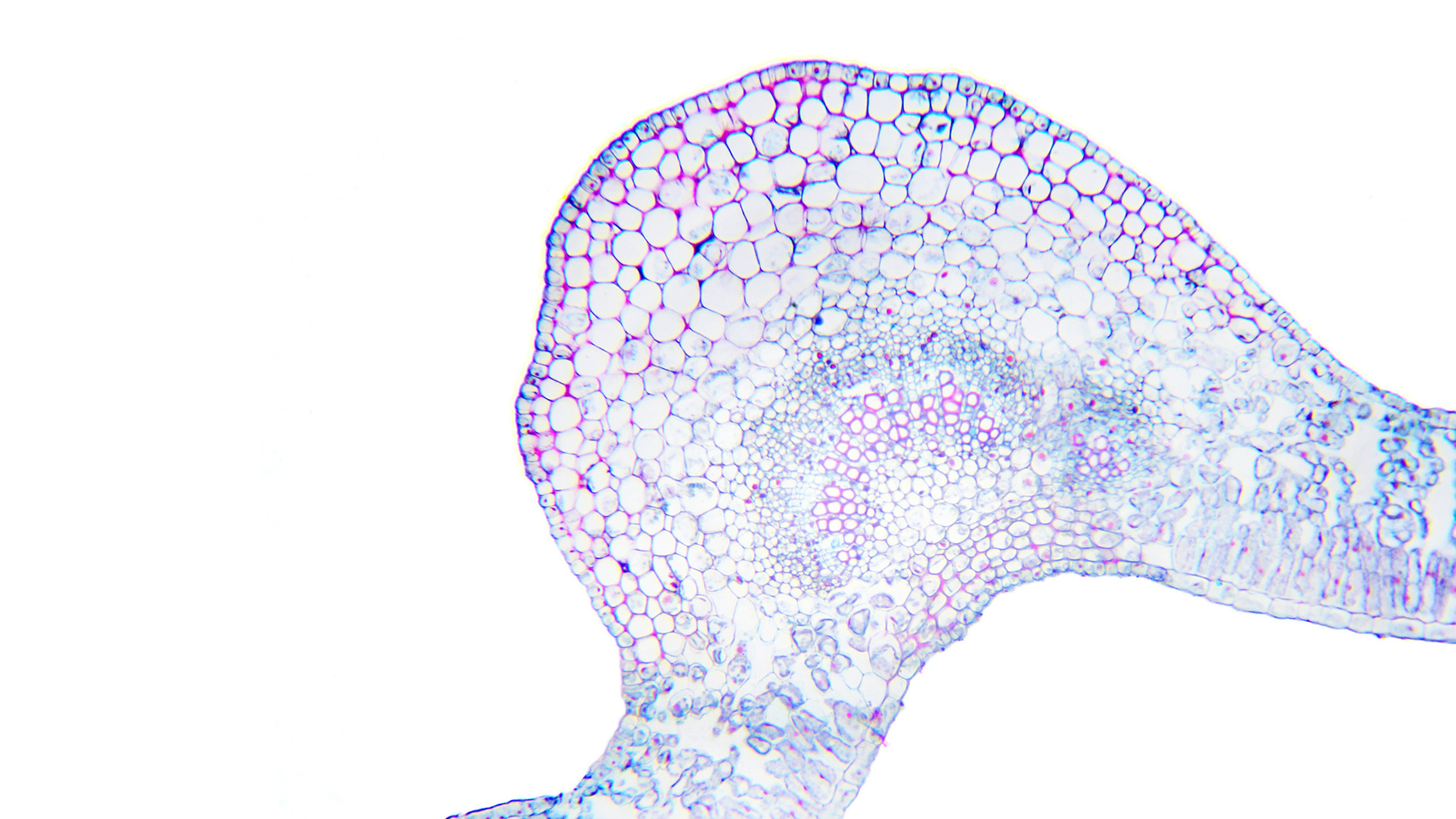People take supplements to improve or optimize their health. So what happens when you look at the label, and the ingredient list is filled with unrecognizable additives?
Enzymes help the body’s reactions happen easier and faster than if the enzymes weren’t present. While we have enzymes enabling chemical reactions throughout the cells of our bodies, not all enzymes are the same.
So, what are digestive enzymes? What is the digestive enzymes definition? Digestive enzymes occur naturally in saliva, stomach juices, and intestinal and pancreatic secretions. The function of digestive enzymes is to facilitate the body’s reactions that break down and process food. Although most types of digestive reactions occur in the small intestine, the preparatory reactions that occur in the mouth and stomach are also important.

How do digestive enzymes work?
The primary purpose of digestive enzymes is to aid digestion. How do enzymes help digestion? Starting in the mouth and working throughout the gastrointestinal system, digestive enzymes break down large macromolecules into smaller units, like sugars or amino acids; however, they don’t work alone. Hydrochloric acid (HCl) is formed in the stomach, where it sterilizes food, breaks down proteins, and activates the digestive enzymes that work in the stomach.
As food passes into the small intestine, HCl from the stomach triggers intestinal digestion – the pancreas releases a variety of digestive enzymes plus bicarbonate, and the gallbladder releases bile into the small intestine. Bicarbonate is an alkaline substance that neutralizes the acid, deactivates stomach enzymes, and activates intestinal enzymes.
Bile salts emulsify fats, allowing the body to absorb them more easily. The gallbladder stores and concentrates the bile salts produced by the liver. If the gallbladder is removed, then bile is not stored for release when needed, so less is available to aid digestion.
How do digestive enzymes support good health?
There are several benefits of digestive enzymes. When your naturally-produced digestive enzymes are in balance, their actions quickly release nutrients from your food. This keeps things moving through your gut, reducing both irritation and undesirable conditions like heartburn, gas, and bloating. The released nutrients then provide the raw materials that are needed for your body processes to occur efficiently, which is the foundation of good health. By digesting food properly, healthy gut bacteria are also supported.
How do digestive enzymes get out of balance?
Disruptions to your digestive tract, gallbladder, or pancreas can alter digestion, making it less efficient. For instance, aging, illness, stress, chronic use of antacids or acid-blockers, smoking, alcohol abuse, and medical interventions (such as gallbladder removal or gastric bypass) all cause changes in enzyme production and function. Imbalances in stomach acid can have a domino effect on digestive processes and enzyme activities. Some nutrient deficiencies, like zinc and B vitamins, can also disrupt digestion.
What happens when digestive enzymes don’t work properly?
Without properly functioning digestive enzymes, the body doesn’t effectively break down food into nutrients. If nutrients aren’t released from food, then the body doesn’t absorb them to help maintain good health. Poor digestion can lead to nutritional deficits, especially some vitamins.
You might also experience a variety of discomforts such as heartburn, indigestion, gas, bloating, diarrhea, and constipation. In addition, the healthy bacteria that live in your gut can become unbalanced as a result of chronic exposure to undigested food.
Are all digestive enzymes alike?
No. Just like different tools help with different tasks, different enzymes facilitate different reactions. Digestive enzymes are specialized to break down specific parts of food. So, what are digestive enzymes that you might see on a digestive support product label? Here is a list of digestive enzymes you might see on a digestive support product label:
Enzyme type | Helps break down |
Protease | Proteins |
Lipase | Fats |
Amylase | Starches (carbs) |
Lactase | Lactose (carbs) |
Cellulase | Cellulose (carbs) |
You should also know that some ingredient names actually refer to a combination of enzymes. For example, ‘pancreatin’ can be a combination of amylase, protease, and lipase enzymes that are derived from the pancreas.
Can I get digestive enzymes from food?
Yes. Regarding what contain digestive enzymes, many foods contain naturally occurring enzymes that support healthy digestion. Pineapple, papaya, kiwi, and ginger contain proteases that break down proteins, for example. Mango, banana, and apricot contain amylases and other enzymes that break down carbohydrates. Avocado contains lipase that breaks down fats. Raw honey and many fermented foods (like kefir, kimchi, miso, sauerkraut, and tempeh) typically contain a variety of enzymes that aid digestion.
It can be impractical for people to eat these foods regularly. But fortunately, nutritional supplements are available to fill in the gaps when diet alone can’t meet the body’s needs.
How do I recognize a high-quality digestive enzyme supplement?
Digestive enzymes have standard values for quality, purity, strength, and identity. These standard values are used to define and maintain manufacturing quality standards. The United States Pharmacopeia (USP) is the independent repository of those standards. Sometimes the USP values represent minimum values for quality purposes that don’t reflect all the acceptable values for a substance.
For example, full-strength pancreatin is 9-times more potent than the minimum digestive power required by the USP. Digestive enzymes available at higher strengths are often diluted. When enzymes are diluted, it is often done with lactose, which is typically not listed on the label and is difficult for some individuals to digest.
Are digestive enzymes safe? Yes, they are generally safe. However, if you have questions about whether they are right for you, you should consult your healthcare professional.
Looking beyond quality, consider the digestive functions the supplement supports in the context of what your body needs. For example, if you need help digesting proteins, look for a product with protease activity. If it’s digesting fatty foods you need help with, look for lipase activity.
It might seem counterintuitive, but many cases of heartburn are actually caused by not having enough stomach acid, causing food to remain in the stomach for too long. This leads to irritation. Providing some extra acid (like betaine HCl) with the enzymes can support enzyme activation and improve digestive efficiency in the stomach, which can get things moving along faster, leaving less opportunity for irritation to occur.
If you’ve had your gallbladder removed, consider products that supply bile salts like ox bile. There are even plant-sourced digestive enzymes if that is your preference.
If you are looking for a solution in the dietary supplement space, visit our Practitioner Hub to view enzyme support options.
For a more comprehensive evaluation of your gut health, consider Functional Testing options.
- Bemben M, Lamont H. Creatine supplementation and exercise performance. Sports Med2005;35(2):107-125.
- Volek J, Rawson E. Scientific basis and practical aspects of creatine supplementation for athletes. Nutrition 2004;20(7-8):609-614.
- Martone A, Lattanzio F, Abbatecola A, et al. Treating sarcopenia in older and oldest old. Curr Pharm Des 2015;21(13):1715-1722.
- Kreider RB, Kalman DS, Antonio J, et al. International Society of Sports Nutrition position stand: safety and efficacy of creatine supplementation in exercise, sport, and medicine. J Int Soc Sports Nutr 2017;14:18.
Share:
Related Posts

Benefits of Creatine in Perimenopause and Menopause
Written by Maura MacDonald, MS, RD, CSSD | 2025 As we age, the notion is that we will inevitably become weaker. Not as mobile as

Goodbye Pie Chart, Hello Phase 1 Sliders
Written by Allison Smith, ND | 2025 As we usher in a new era of DUTCH testing which leaves behind the concept of the three-way

Introducing the DUTCH Dozen
Written by Kelly Ruef, ND | 2025 Hormone testing can be complex, which is why Precision Analytical developed the DUTCH Dozen, an interpretive framework that

DUTCH Report Enhancements
Written by Hilary Miller, ND | 2025 Precision Analytical have released the newest version of the DUTCH Test. This is the report’s most significant update

Gallbladder Health 101: What It Does and How to Keep It Working Well
Written by Ashley Palmer & Pooja Mahtani | 2025 The gallbladder may not get much attention compared to the gut, but it plays a central

